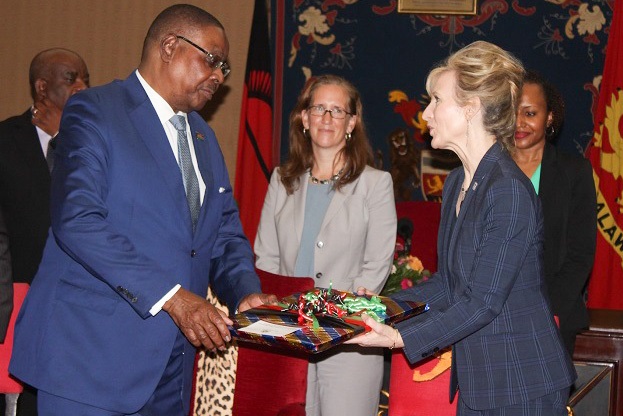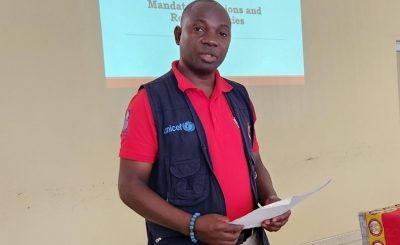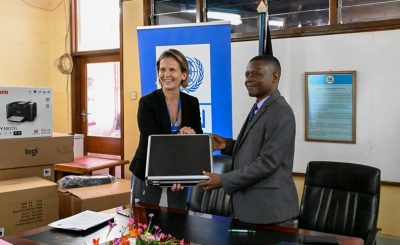The governments of Malawi and the United States have started the discussions on the areas to invest for the second Millennium Challenge Cooperation (MCC) compact that may take the next three years.
The development follows President Peter Mutharika`s meeting with MCC Vice President Jeanne Hauch at the Kamuzu Palace in Lilongwe where it was disclosed that the MCC its team of experts is to work on the second compact.
Speaking at the meeting, the Malawi leader said the development is an apparent indication that his led administration is gaining donor confidence in a number of sectors following the country`s selection in the second compact.
After accomplishing the $350 million Energy Compact in December last year, Malawi qualified for the second compact by the MCC.
It is for that reason that after meeting President Mutharika, Hauch said there is no allocated amount for the second compact, and that the MCC would like to hear from Malawi on how much should be invested.
The MCC Compact Vice President, who commended the country for being selected in the second compact, said they work out on study that will identify critical development areas.
“There is great enthusiasm and commitment here in Malawi to move forward with the compact development process and this is very important because the higher the level of commitment the faster the process will move,”
said Hauch.
On his part, Minister of Finance, Economic Planning and Development, Goodall Gondwe said government will propose for a higher amount than the previous $350 million.
Gondwe added that government has proposed a panel of nine experts that will help in identifying the areas to invest in during the Second Compact.
“We are not very close to deciding what the second compact will be like in as far as the project is concerned, ofcouse we will be aiming at a higher figure after seeing what project we can come up with, the figure of $350 Million should be smaller than what we will be going for,” explained Gondwe.
According to the MCC Scorecard in 2018, the country was ranked at 65% on controlling corruption from 59% in the year 2017.





